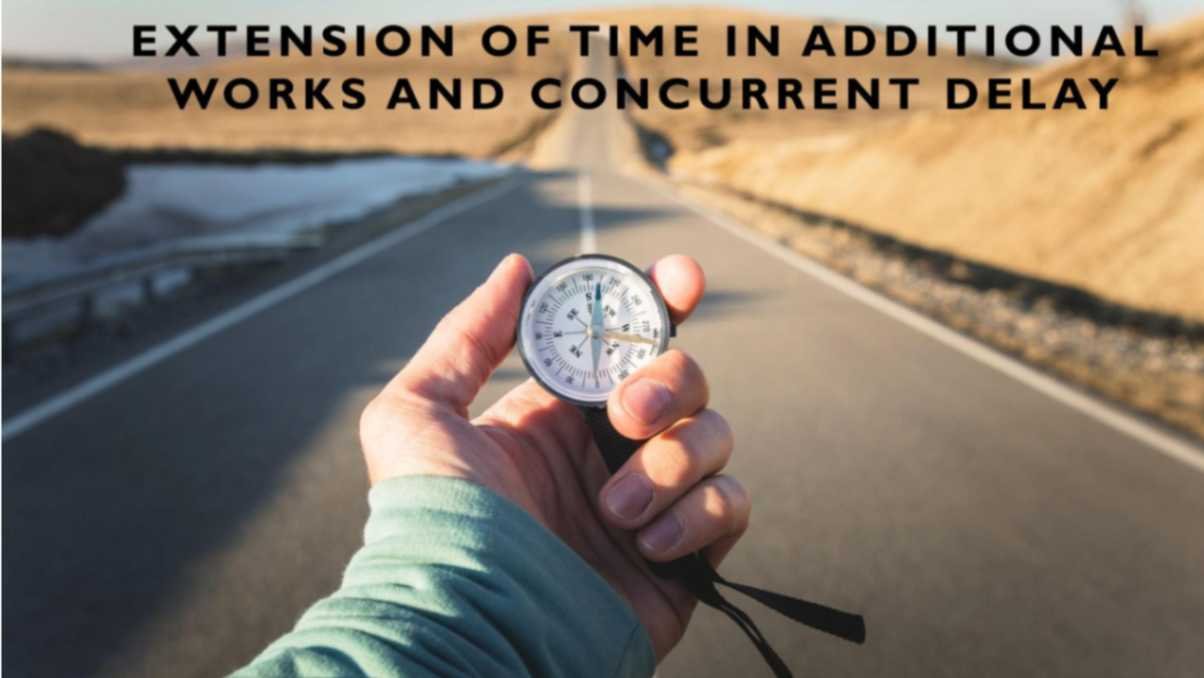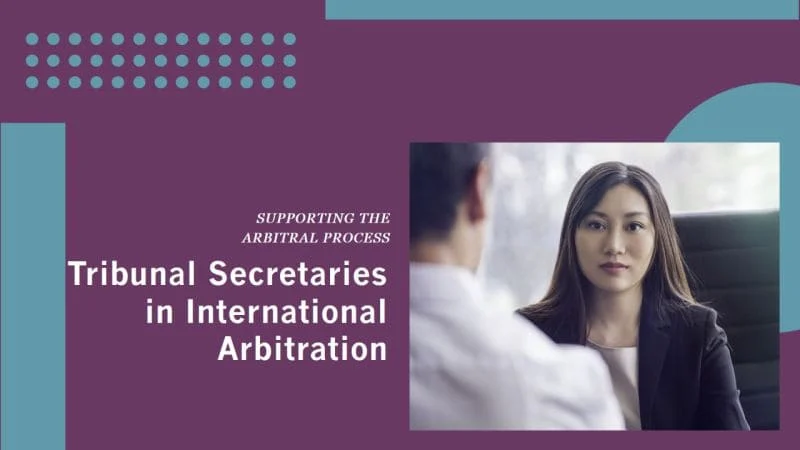Extension of Time in Additional Works and Concurrent Delay: Dubai Cassation Court case no. 161/2021
In the above case, the Court made a seminal ruling on EoT claims, throwing into sharp relief the fine line between the rights and obligations of contractual parties.
👉The Court’s ruling navigates the muddled waters of concurrent delay and additional work – both being principal triggers of EoT claims. Essentially, it ruled that a contractor could claim an EoT in instances of concurrent delay, provided the owner’s delay activities are simultaneous with those of the contractor. Simultaneity here denotes that the owner’s actions (or inaction) must be within the same period as the contractor’s delay-causing activities. Moreover, the ruling underscores the essentiality of establishing causation – the delay must directly spring from the owner’s actions.
👉The Court also delineated on the question of additional work causing delay. It observed that when additional work requiring extra time is commissioned, it becomes imperative to grant an EoT to the contractor.
👉This not only maintains the contractual balance but also upholds the fundamental principle of fairness. The judgement makes it clear that an owner cannot take refuge in the delay penalties clause if the contractor’s delay in execution arises from causes attributable to the owner.
👉The critical aspect of this case, though, lies in the unfurling of the connection between EoT claims and performance bonds. The court postulated that a contractor’s entitlement to return of performance bonds is intricately linked to its adherence to contract completion timescales – extended or not.
👉Moreover, the Court also shed light on the role of a project consultant, highlighting that the certificates issued by the consultant, attesting the progress of work, are consequential for the contractor’s payment claims. In this context, it was emphasized that allegations of collusion between the consultant and the contractor must be substantially proven.
👉The ruling elucidates that in the adjudication of EoT claims, every aspect of the case is scrutinized – from the causation of delays to the extent of their impact on the project timeline. It reiterates the importance of thorough examination and comprehensive understanding of the project specifics, as well as the nuances of the EoT claim itself.
👉The Court’s decision in case No. 161/2021 indeed serves as a comprehensive guide for stakeholders in construction contracts. It lucidly explicates the concept and ramifications of EoT claims, helping parties navigate this intricate facet of contract law.
👉This case, thus, is a welcome addition to the compendium of legal guidance available for understanding EoT claims, a complex, yet pivotal element of construction contract disputes.
#construction #uae









